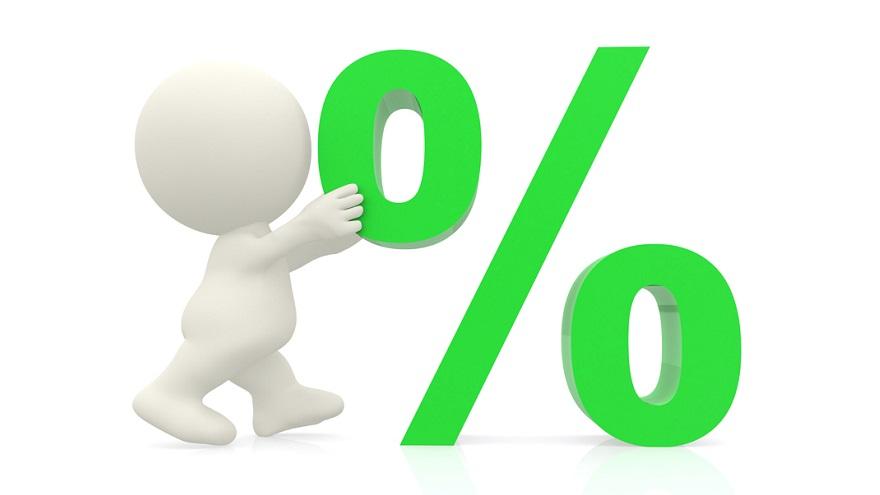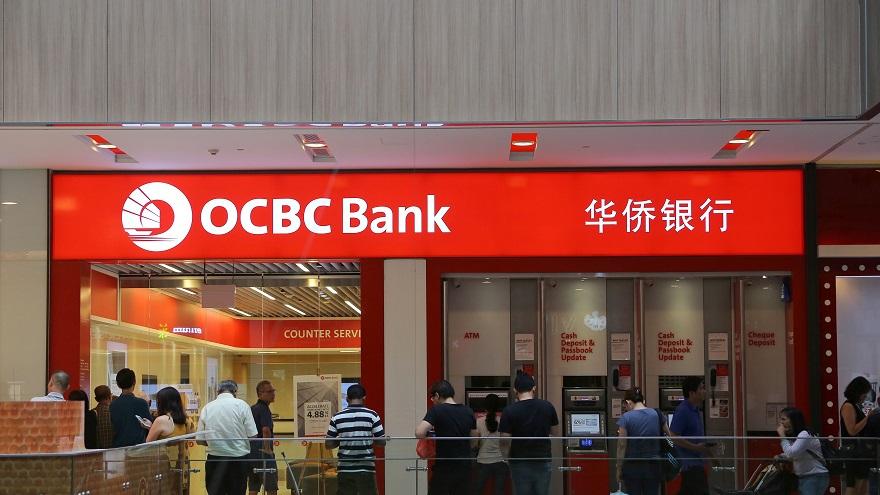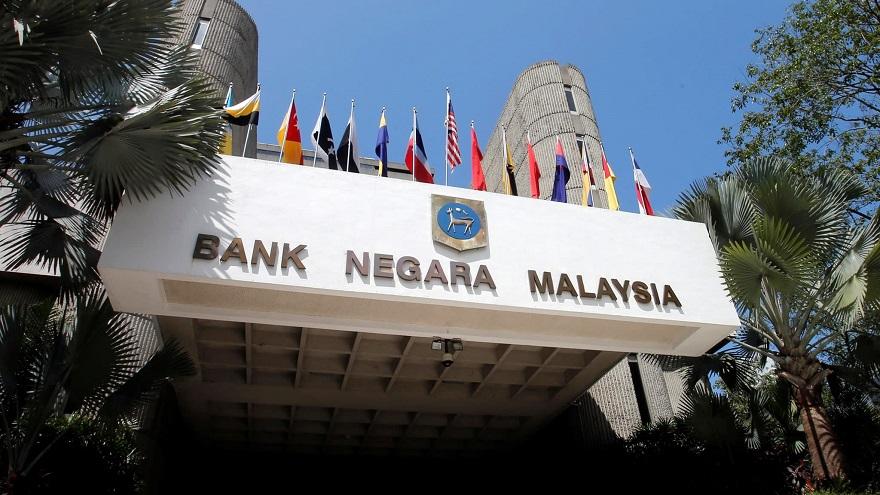The reduction in the overnight policy rate (OPR) is seen as a pre-emptive measure to ensure the country's economic growth will remain sustainable, especially in the face of global uncertainties brought mainly by the trade tensions.
Bank Islam Malaysia Bhd chief economist Dr Mohd Afzanizam Abdul Rashid said the move may lend support to the country's gross domestic product (GDP) expansion, going forward, despite a possible moderate growth expected for the first quarter (Q1) of this year.
He said a clearer picture on the first-quarter data can be gauged only after the release of March's industrial production index on May 10.
As of now, he opined that the Q1 GDP growth would be at a range of between 4.2 and 4.4%.
As widely expected, Bank Negara Malaysia (BNM) today cut the OPR by 25 basis points to 3%.
BNM made the last change to the OPR rate on 25 Jan 2018 where the central bank increased the rate by 25 basis points to 3.25%.
"I think we need to view the objective of such policy response, that is, to provide support to the economy by making monetary conditions very accommodative."
"This essentially would reduce the cost of funds which can stimulate investment activities among companies," he told Bernama.
Mohd Afzanizam said the move would also support the revival of mega projects such as the RM44 billion East Coast Rail Link and Bandar Malaysia, which would see higher demand for corporate financing.
Additionally, the lower OPR would mean a slightly lower monthly commitment for the existing mortgages or any financing contract that have variable rate features.
These impact, he said, should also help the ringgit to appreciate over time.
He believed that providing more clarity in economic policies is the right thing to do as foreign investors need to be assured that there is a value proposition to invest in Malaysian assets.
"At this juncture, excessive intervention in the foreign exchange markets is unwarranted, unless there are a sharp swing and persistence in the currency movement. Otherwise, letting the market forces determine the value of the ringgit is the way to go," he said.
Meanwhile, Phillip Capital Management Malaysia senior vice-president (investment) Datuk Dr Mohd Nazri Khan Adam Khan expects a further downtrend in the ringgit performance following the cut in the OPR.
"We have anticipated that Bank Negara would reduce the OPR since the last quarter."
"The decision to reduce the OPR now shows that the central bank is trying to be as flexible as it can, looking at all the possibilities and economic activities, before taking any action," he said.
At closing today, the ringgit fell marginally against the US dollar to 4.1470/1500 compared with yesterday's 4.1460/1490.
.jpeg)










.jpeg)
